US President Trump says he wants to meet with Vladimir Putin “immediately.”
In an unexpected turn of events, U.S. President Donald Trump has publicly stated that he wishes to meet with Russian President Vladimir Putin “immediately.” The announcement has raised eyebrows globally, signaling a shift in the dynamics of U.S.-Russia relations. This statement comes at a time when both countries are navigating complex geopolitical issues, and many are questioning the implications of such a meeting. As the world watches closely, the potential for a high-stakes diplomatic encounter between the two leaders could have significant consequences for international politics.
The Timing of Trump’s Proposal
The timing of President Trump’s offer to meet with Putin is particularly noteworthy. Relations between the United States and Russia have been tense for several years, characterized by disagreements over issues like cyber warfare, military engagements, and Russia’s annexation of Crimea. For Trump to openly call for an immediate meeting is a striking gesture, especially considering the skepticism surrounding U.S.-Russia relations under his administration.
Trump’s comments come amidst a backdrop of rising tensions between the West and Russia, particularly over the ongoing situation in Ukraine, as well as Russia’s perceived interference in global elections. Critics have expressed concerns that a meeting with Putin could offer Russia the opportunity to further its interests on the global stage, potentially undermining U.S. alliances in Europe and beyond. However, Trump’s supporters argue that direct dialogue with Russia could help to defuse escalating tensions and create opportunities for diplomacy.
Why Trump Wants to Meet Putin
President Trump’s desire to meet with Vladimir Putin “immediately” is driven by multiple factors. One of the primary reasons for this call for engagement is the ongoing war in Ukraine, which continues to dominate international headlines. Trump has long been vocal about his belief in the necessity of engaging with world leaders directly, even those with whom the U.S. has significant differences. He views such meetings as essential to fostering mutual understanding and averting conflicts that could spiral out of control.
Another potential reason for Trump’s push for an immediate meeting is the broader geopolitical environment. In recent months, tensions between Russia and the West have been escalating, with NATO countries increasing their military presence in Eastern Europe and Russia ramping up its military activities. For Trump, direct negotiations with Putin could offer an opportunity to calm these tensions and possibly prevent further escalation.
Trump’s approach to diplomacy has often been described as unconventional, focusing on personal relationships and one-on-one meetings as a way to build rapport and resolve disputes. By proposing an immediate meeting, Trump may be attempting to bypass traditional diplomatic channels and reach a deal with Putin directly, potentially breaking the deadlock on various contentious issues.
Global Reactions to Trump’s Proposal
The response to President Trump’s proposal for an immediate meeting with Vladimir Putin has been mixed. Many U.S. allies, especially in Europe, have expressed caution, fearing that such a meeting could embolden Putin and undermine Western unity in addressing global security issues. Some officials worry that the U.S. might make concessions to Russia on critical matters, such as the conflict in Ukraine or Russia’s military presence in Syria, without consulting key allies.
On the other hand, proponents of the meeting argue that diplomacy is the key to preventing further escalation of tensions. They suggest that direct dialogue between the two leaders could lead to positive outcomes, such as de-escalating military standoffs or securing agreements on arms control and nuclear non-proliferation. The idea of engaging with adversaries rather than isolating them is a fundamental aspect of Trump’s foreign policy strategy, and his supporters view the proposed meeting as a step toward stabilizing global relations.
Russia’s response to Trump’s statement has also been a focal point of interest. Putin has frequently stated that Russia is open to dialogue with the United States, but the prospect of immediate negotiations with Trump could be seen as a potential opportunity to advance Russia’s strategic interests. However, many analysts are skeptical of the timing, wondering whether such a meeting would yield any tangible results given the current geopolitical landscape.
The Potential Impact on U.S.-Russia Relations
If President Trump’s proposed meeting with Vladimir Putin comes to fruition, it could significantly impact U.S.-Russia relations. A face-to-face meeting between the leaders of the two countries offers the possibility of resetting the relationship and finding common ground on issues that have long been sources of friction. The potential for dialogue could open the door to a more cooperative relationship, particularly on issues like arms control, counterterrorism, and nuclear proliferation.
However, the risks are equally high. Both countries have deeply entrenched positions on several issues, including Russia’s actions in Ukraine, its involvement in Syria, and its alleged interference in U.S. elections. Any concessions made by one side could trigger backlash from domestic political opponents and international allies. Furthermore, critics warn that engaging with Putin without clear objectives or guarantees could result in the U.S. inadvertently legitimizing Russia’s actions on the world stage.
Another critical issue at play is the potential for broader international consequences. A meeting between Trump and Putin could alter the balance of power in global politics, particularly if it results in an agreement that shifts the U.S.’s position on contentious issues. Allies in Europe and beyond will be watching closely, as any significant changes in U.S. policy could have ripple effects throughout NATO and other international alliances.
Could This Meeting Lead to Progress?
While it remains uncertain whether President Trump’s proposal for an immediate meeting with Vladimir Putin will be realized, the idea of direct diplomacy offers a glimmer of hope for progress on several pressing issues. By sitting down face-to-face, the two leaders could potentially resolve longstanding disputes, including arms control agreements, nuclear disarmament, and cybersecurity threats. Furthermore, such a meeting could pave the way for new agreements on trade, regional stability, and cooperation on global security.
However, for any such meeting to be truly productive, it will require careful preparation and a clear set of objectives. Both leaders will need to enter the negotiations with a willingness to compromise and a strong commitment to addressing the issues that matter most to their respective countries. Whether this is feasible remains to be seen, as the geopolitical landscape is ever-changing and fraught with risks.
In Conclusion
President Trump’s call for an immediate meeting with Vladimir Putin represents a bold move in U.S.-Russia diplomacy, with the potential to reshape global relations. While the idea of direct engagement is appealing to some as a way to prevent further conflict, it also raises questions about the risks and potential fallout of such a high-level encounter. The world is watching closely to see whether the meeting materializes and what impact it will have on the future of U.S.-Russia relations, as well as the broader geopolitical landscape.
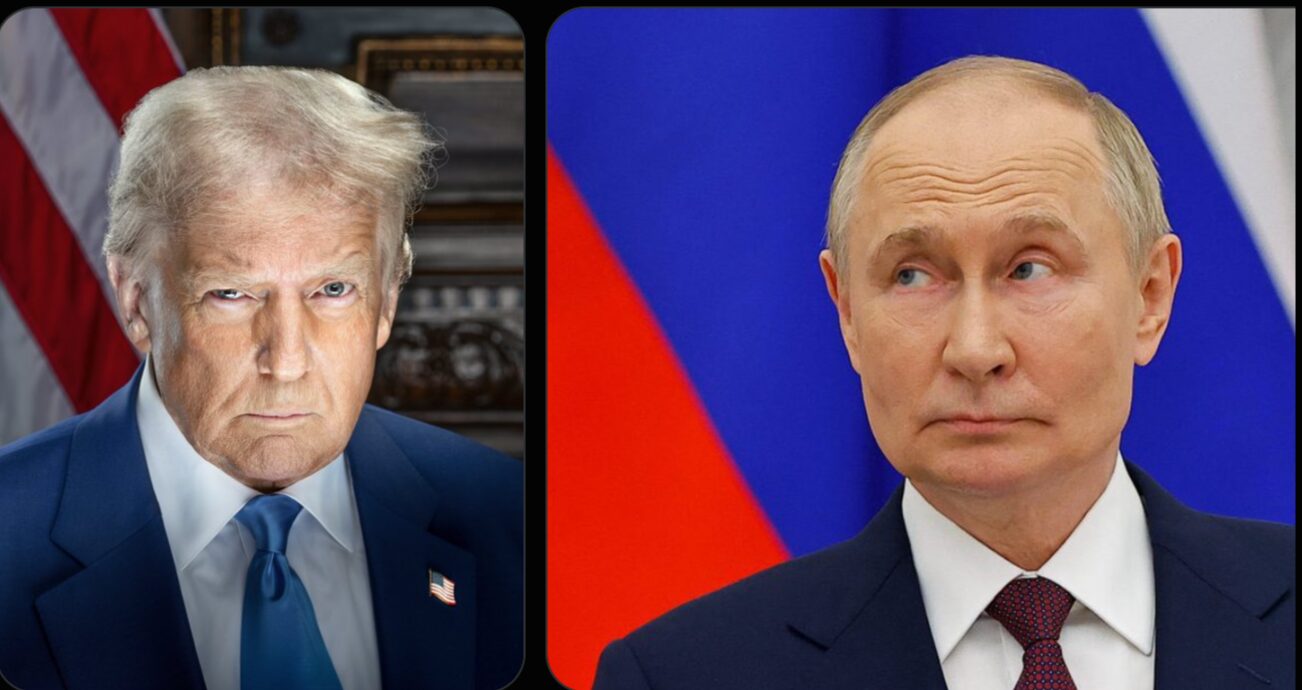
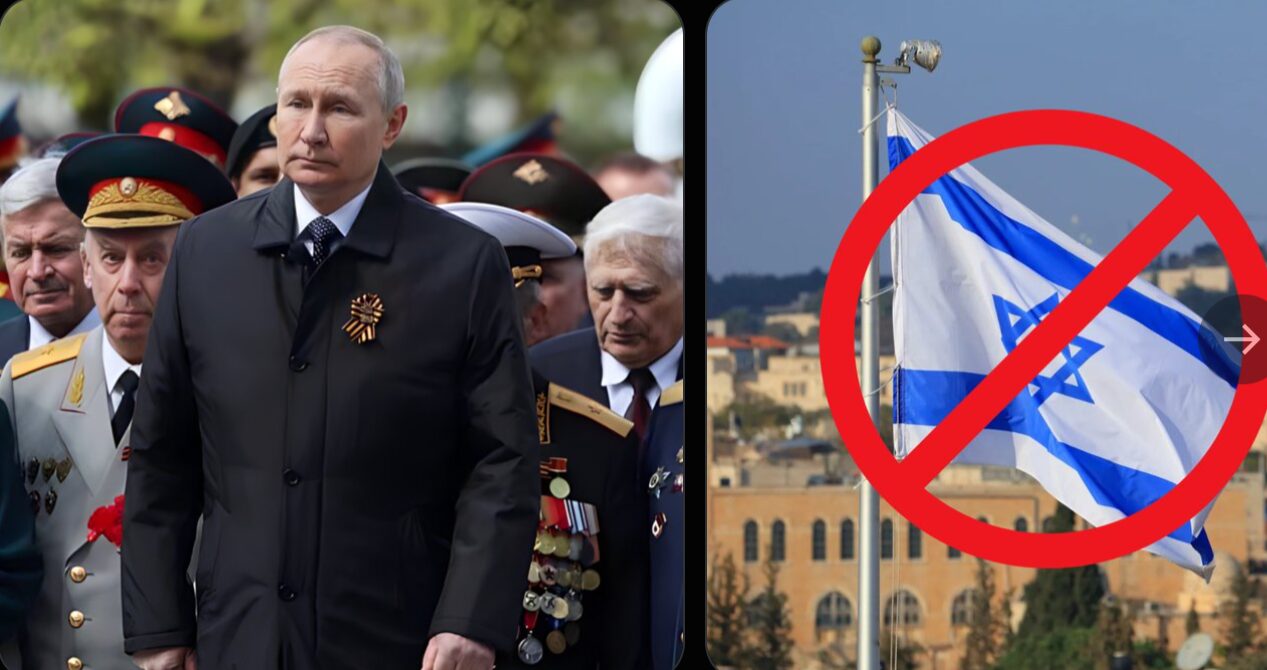


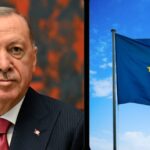
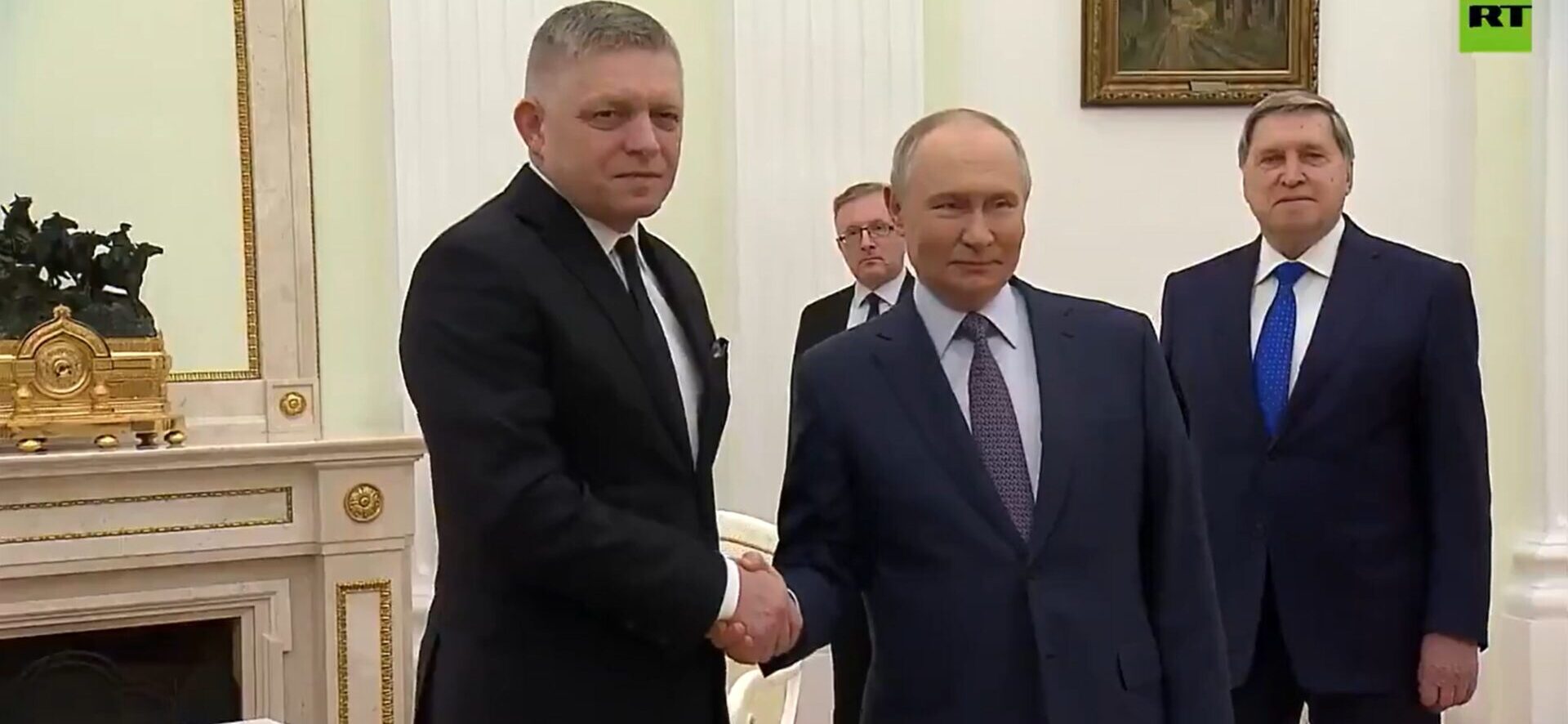


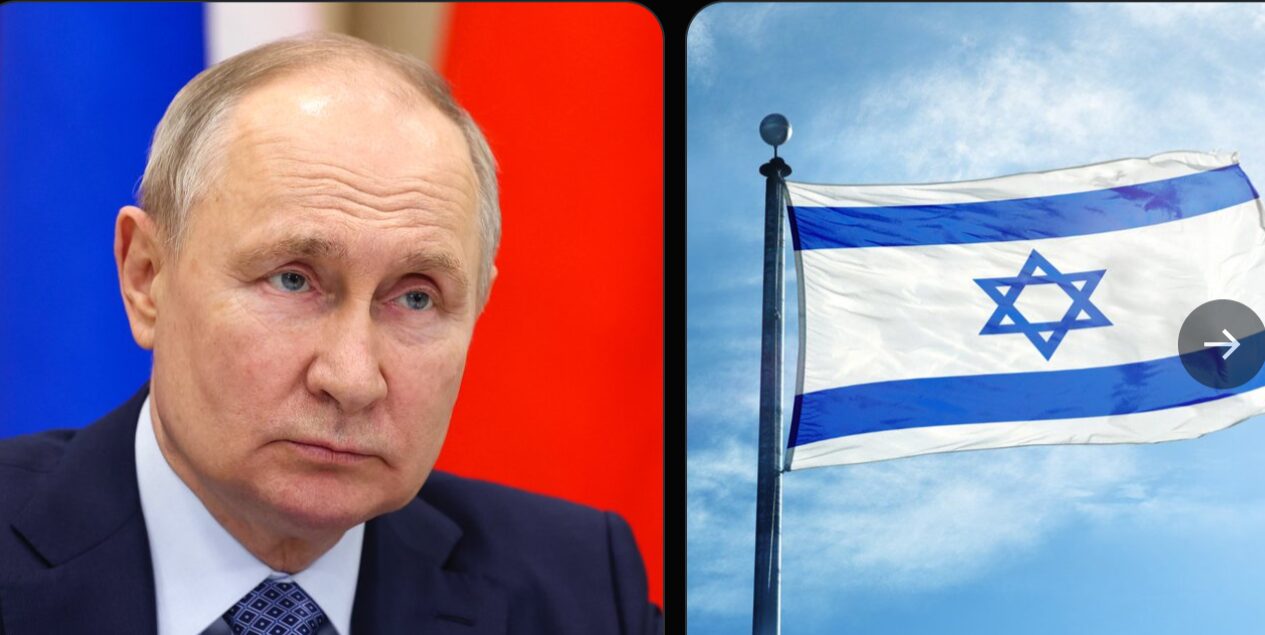








Post Comment